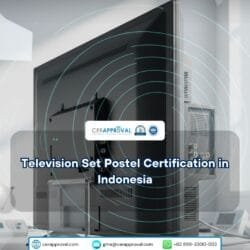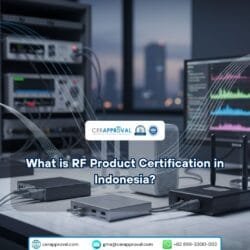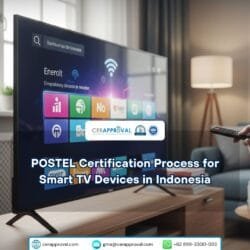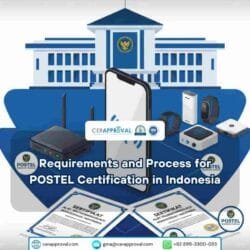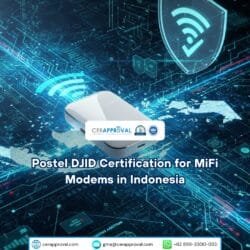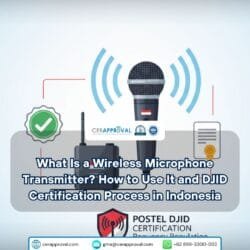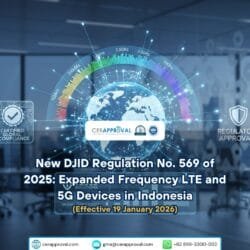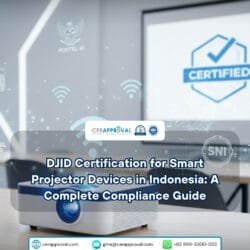Digital Door Lock: Modern Security Technology for Residential and Commercial Properties
The rapid development of security technology has transformed how people protect their homes and properties. One of the most popular innovations today is the digital door lock, an electronic locking system that replaces conventional mechanical keys with advanced digital authentication methods. Digital door locks are increasingly used in residential homes, apartments, offices, hotels, and commercial Read more about Digital Door Lock: Modern Security Technology for Residential and Commercial Properties[…]


